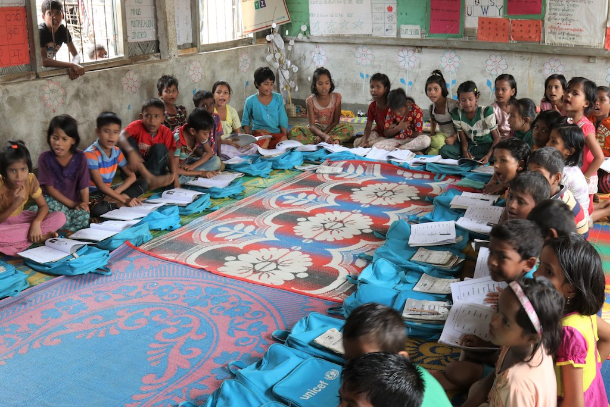Providing children with a basic education can help reduce poverty, boost economic growth and increase incomes. Even when education is a priority, most poverty-stricken countries lack government funding to build rural schools, provide learning materials and train teachers.
International Programmes
Sierra Leone
Since the end of the Civil War in 2002, rural communities in Sierra Leone have tried to self-start schools without government support. However, school structures are very basic and often unsafe. When it rains children are unable to attend school, and frequently the schools are swept away during the rainy season. The government is making education a priority, but does not have the funds to build schools in rural areas. But if a school has a safe structure and a qualified teacher, it becomes eligible for government funding for the running costs of the school and teachers’ salaries.
We are building low-cost primary schools to enable all children living in these communities to receive a primary school education. Each school costs approximately $10,000 and accommodates anywhere from 100 to 250 children. Our organisation has now completed 260 schools and over 60,000 children are now in primary education.
Uganda
Uganda is currently host to one of the fastest growing refugee crises in the world with over 1.5m refugees having fled across borders from South Sudan and the Democratic Republic of Congo due to conflict. In the Palabek refugee camp in northern Uganda approximately 80% of refugees are women and children, and nearly 60% of the refugees are children of school age. There is a shortage of schools and severe overcrowding in classrooms, and many children are taught in open air campuses or under trees.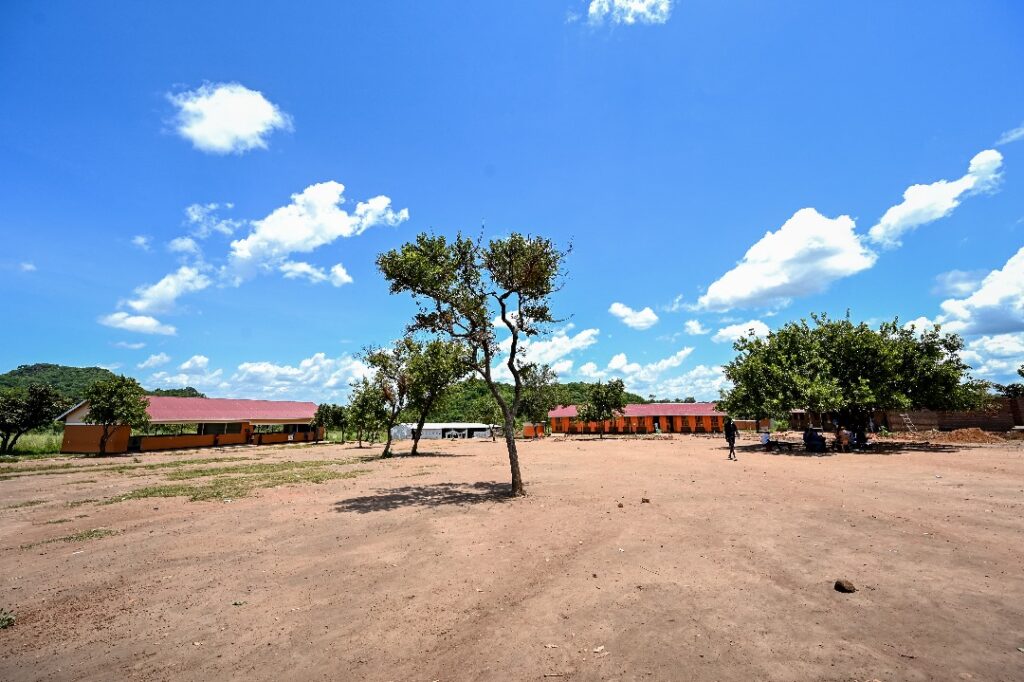
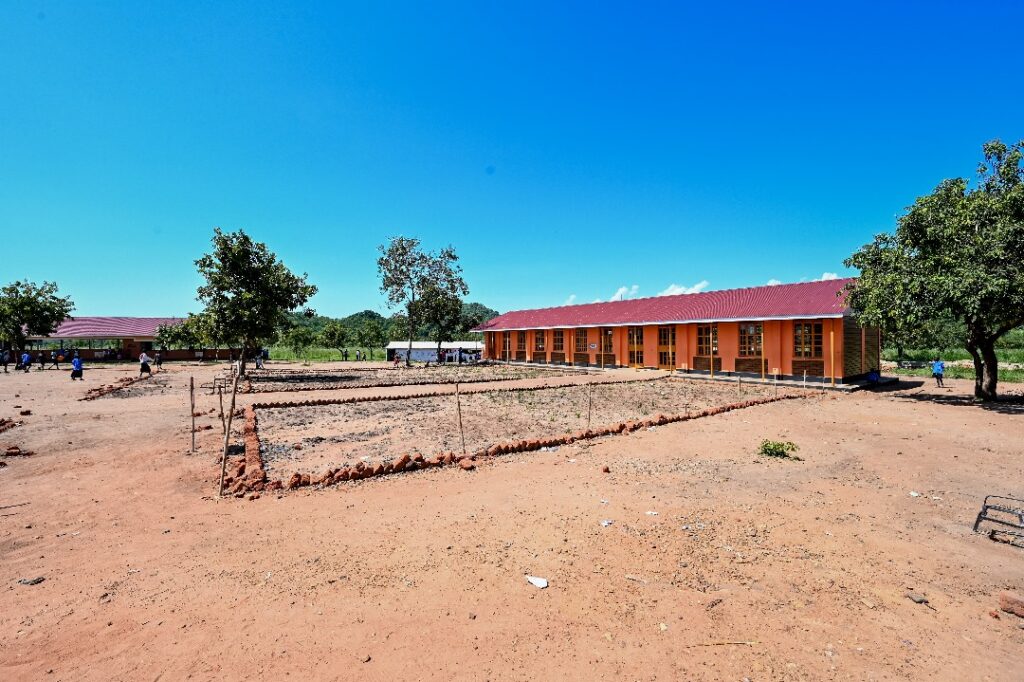
Our organisation has constructed over 20 permanent three classroom structures at two schools, and over 5,000 children are now able to learn in a safe structure which is conducive to learning. One of the schools has recently been designated a government school, therefore enabling some of the teachers to go on the government payroll. The other school is listed to become a government school in the next year.
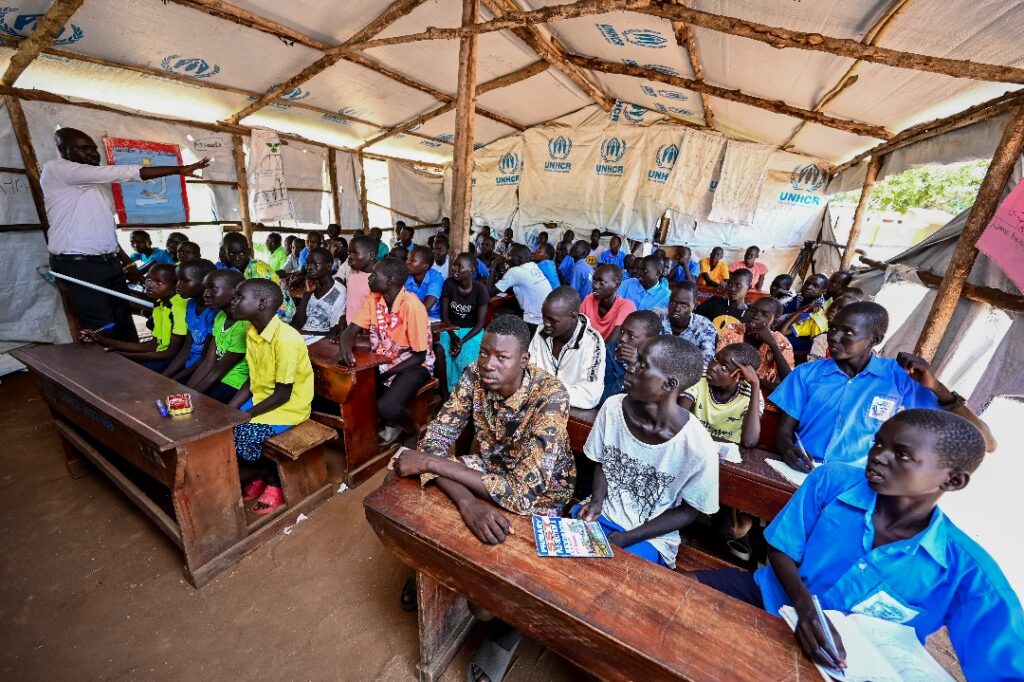
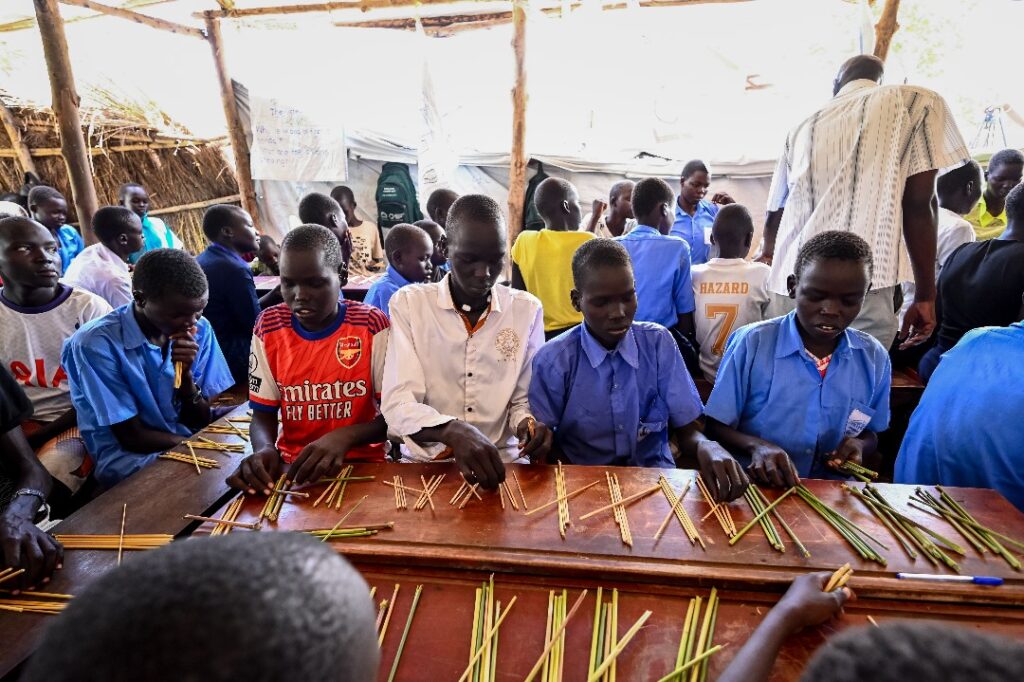
Bangladesh
CCC works in Cox’s Bazaar which is home to over one million Rohingya refugees. We work with a local NGO on the ground and fund two learning centres delivering face-to-face teaching, teacher training, and providing learning materials to 200 children aged 5-14 years. We would like to expand our work to provide affordable access to education for the most marginalised Rohingya refugee children who currently have no access to education.


